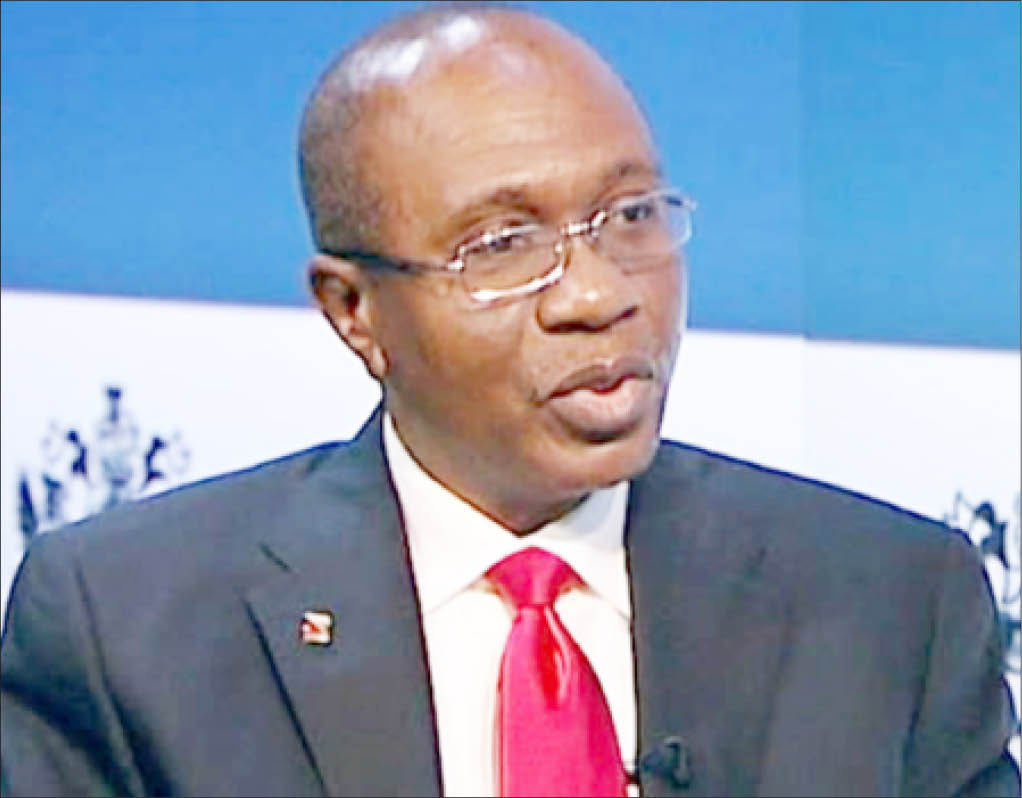The Central Bank of Nigeria’s Monetary Policy Committee (MPC) yesterday commenced its final meeting of the year where deliberations were expected to be centered on the daunting task of curbing the rising cost of goods and services, as well as reducing currency in circulation.
In the last three meetings, the CBN had adopted a hawkish monetary approach, raising the benchmark interest rate by a cumulative 400 basis points from 11.5% to 15.5%, which represents the highest in over 20 years.
In the last MPC meeting, the CBN also raised the cash reserve requirement (CRR) to a minimum of 32.5% in a bid to mop-up liquidity.
Meanwhile, despite the aggressive move by the CBN’s MPC, Nigeria’s inflation rate has remained unabated, hitting a fresh 17-year high of 21.09% in October 2022 with no sign of moderation.
Group to train 1m youths in software development
NIGERIA DAILY: Is Oil In The North A Blessing Or Curse?
Policy options
Analysts are of the view that at this point, the MPC is faced with only two options; holding or raising the benchmark interest rate; considering that a loosening approach would mean a further widened negative real return, which would affect people’s saving sentiment.
With the inflation rate currently at 21.09% and an interest rate of 15.5%, it translates to a negative real return of 5.59%, hence, eliminating the possibility of a reduction in the MPR.
It could be safe to expect that the CBN would hold a monetary stance to see how the redesign of the naira would affect prices and the value of the currency. However, a tightening decision could further encourage investors to save in naira rather than invest in dollar-denominated assets.
Analysts at Cordros Research said: “In our view, the absence of a significant shock to economic activities since the previous meeting will provide respite that the economy likely maintained its steady growth path in Q3-22.
“Thus, we believe the preceding will give the committee a reason to maintain its fight against the stubbornly-high inflationary pressures, more so that a continued negative real interest rate could dampen domestic investments and undermine the local currency’s stability.”
They further argued that the more hawkish rendition from global central banks also supports the committee towing the same path to reduce external pressures. Thus, we think a further tightening of the policy rate is necessary to re-anchor inflation expectations which an econometric study by the CBN shows is the most significant driver of actual inflation in Nigeria, according to one of the committee members. “Consequently, we think a further interest rate hike is likely at the meeting. Accordingly, we expect the committee to raise the MPR by an additional 100bps.”
Analysts at Coronation Research said the CBN’s in-house estimates suggest that inflation is expected to maintain its upward trend, driven by exchange rate pressure, build-up of increased spending and demand for naira on the back of the upcoming 2023 general elections, among others.

 Join Daily Trust WhatsApp Community For Quick Access To News and Happenings Around You.
Join Daily Trust WhatsApp Community For Quick Access To News and Happenings Around You.

